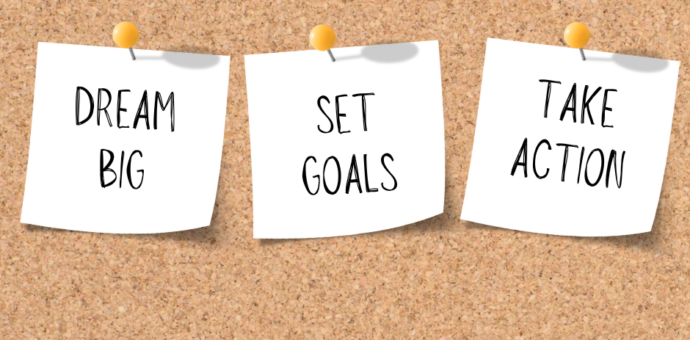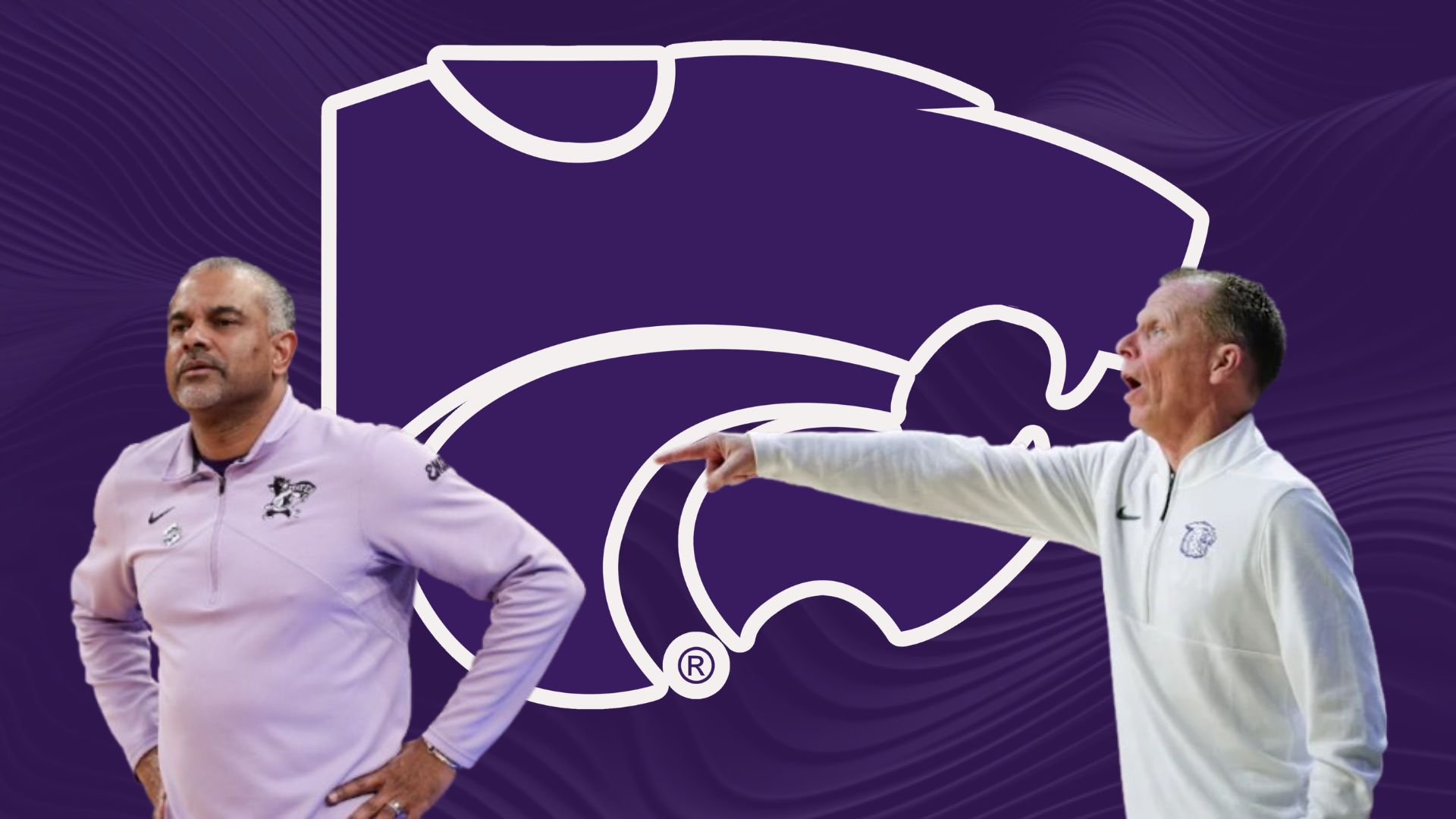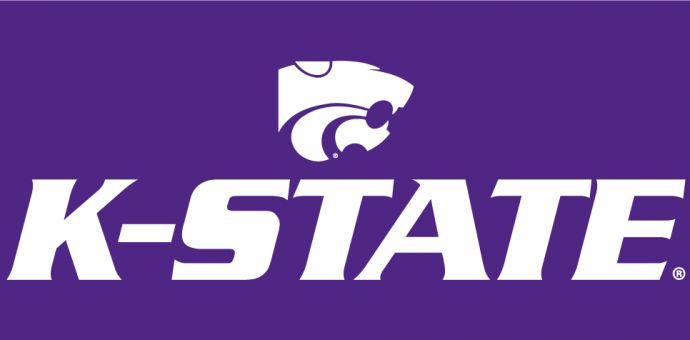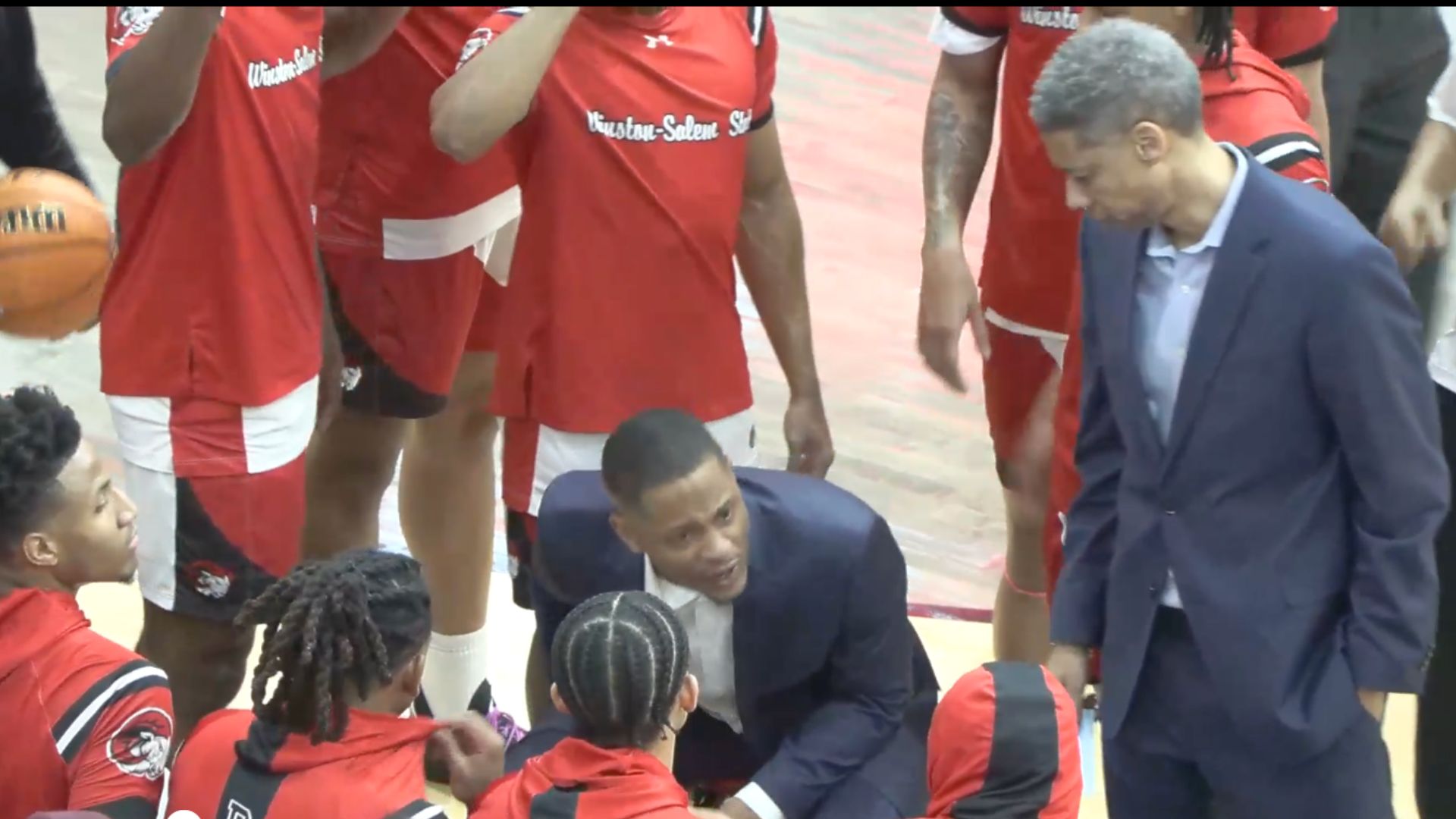Embarking on a coaching career as a young professional brings with it the excitement of molding athletes and contributing to the dynamic world of sports. To navigate the journey effectively, it’s crucial for a young sport coach to engage in purposeful goal setting. In this article, we will delve into the significance of both short-term and long-term goals and provide insights on how aspiring coaches can strategically plan their career paths for sustained success.
Short-Term Goals:
Skill Development: Short-Term Goal: Enhance coaching skills through workshops, certifications, and mentorship programs. Invest time in learning the latest coaching methodologies and sports science.
Effective Communication: Short-Term Goal: Improve communication skills to connect with athletes, colleagues, and parents. Attend communication workshops and seek feedback to refine and strengthen this crucial aspect of coaching.
Network Building: Short-Term Goal: Attend local coaching events, workshops, and conferences to expand professional networks. Building connections with experienced coaches and sports professionals provides valuable insights and potential mentorship opportunities.
Create a Coaching Philosophy: Short-Term Goal: Define a coaching philosophy that aligns with personal values and principles. Clearly articulate coaching beliefs to guide decision-making and establish a distinct coaching identity.
Technology Integration: Short-Term Goal: Familiarize oneself with technology relevant to coaching, such as video analysis tools and sports analytics. Begin incorporating these technologies into training programs for enhanced effectiveness.
Long-Term Goals:
Career Advancement: Long-Term Goal: Strategically plan for career progression, considering roles like head coach or leadership positions. Pursue advanced coaching certifications and seek mentorship to prepare for higher responsibilities.
Team Success: Long-Term Goal: Foster a culture of excellence within the team. Set goals for achieving championships, developing athletes to their full potential, and building a legacy of success over the years.
Contributions to the Field: Long-Term Goal: Contribute to the sports community through writing articles, speaking at conferences, or conducting coaching clinics. Share knowledge and experiences to positively impact the broader coaching landscape.
Player Development Legacy: Long-Term Goal: Establish a legacy of player development by nurturing athletes who not only excel on the field but also contribute positively to society. Measure success not just in wins but in the positive impact on athletes’ lives.
Balance and Well-being: Long-Term Goal: Maintain a healthy work-life balance for sustained success. Prioritize physical and mental well-being to ensure longevity in the coaching career and foster a positive coaching environment.
Strategies for Goal Achievement:
SMART Goals: Ensure that all goals are Specific, Measurable, Achievable, Relevant, and Time-bound. This framework provides clarity and a structured approach to goal setting.
Regular Evaluation: Periodically assess progress toward goals. Adjust and refine goals based on experiences, changes in the coaching landscape, and personal growth.
Seek Feedback: Actively seek feedback from mentors, colleagues, and athletes. Constructive input provides valuable insights and helps refine coaching strategies.
Adaptability: Embrace adaptability in goal setting. The coaching landscape is dynamic, and being open to adjusting goals allows for greater resilience and success.
In the realm of coaching, the journey is as important as the destination. Short-term goals act as stepping stones, providing a roadmap for immediate growth, while long-term goals shape a coach’s legacy and impact. By strategically setting and pursuing both types of goals, young sport coaches can navigate their careers with purpose, resilience, and a commitment to continuous improvement, ultimately leaving a lasting mark on the athletes they mentor and the broader sports community.
If you need help with your coaching resume, your portfolio, or the interview process, be sure to sign up for one of our job prep packages at The Coaching Portfolio Guide! We provide services that assist with all aspects of the job search process for coaches. Click here to get started today!
Written By: Bill Vasko – CEO, XO Coach







